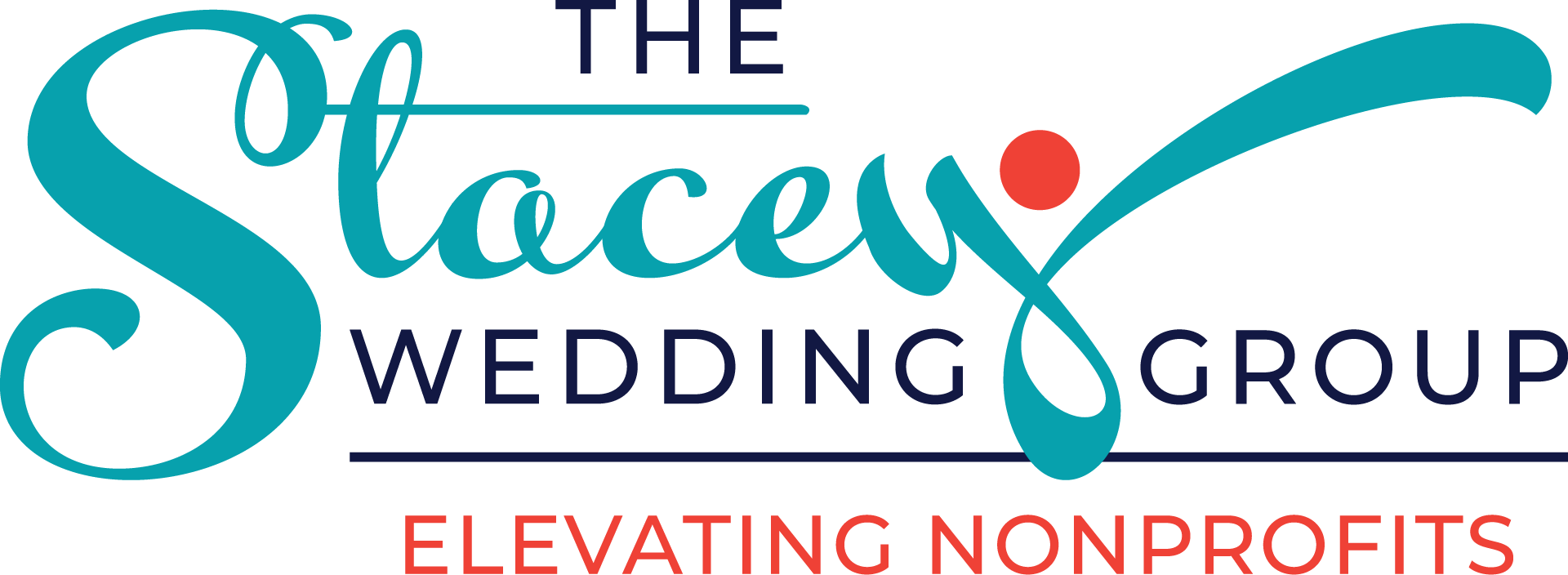Let’s be real – I’m writing this blog post for myself as much as for anyone else. If you’re like me, the word “conflict” makes you want to hide under a blanket with some hot cocoa and pretend it doesn’t exist. But alas, here we are, facing the most wonderful (and stressful) time of the year where conflict can abound almost anywhere, whether at family gatherings or in the workplace when it’s time for your annual review!
The Holiday Stress Tornado
Do you ever feel like the end of the year is like running a marathon while juggling flaming torches? Everywhere you look, there are expectations:
- Finish those year-end reports
- Create the perfect holiday gathering
- Hit year-end fundraising targets
- Look festive and calm while doing it all
Spoiler alert: No one actually feels calm. We’re all just pretending, and that pretending? It’s a recipe for conflict.
The Nonprofit Conflict Conundrum
And if you’re reading this and you work in the nonprofit sector, here’s something you might not know but that I don’t think will surprise you either: nonprofit professionals are uniquely wired to avoid conflict. Research from organizational psychology suggests that those in mission-driven work often prioritize harmony over confrontation. A study published in the Nonprofit Quarterly found that nonprofit workers frequently suppress disagreements to maintain team cohesion, fearing that conflict might derail their larger social impact goals. This tendency, while well-intentioned, can actually create more long-term tension.
Why We Clash
So, take the year-end pressures and add them to your conflict avoidance, and what do we have? Stress with a capital S and probably a growing ulcer!
Stress does weird things to people. When we’re stretched thin, we have shorter tempers, less patience, and more misunderstandings.
The good news? There are some easy (and quick) steps you can take:
- Breathe Before You Speak: Literally. Take a deep breath. Count to three. Ask yourself, “Will this matter in a week?”
- Use “I” Statements: Instead of “You always mess up,” try “I feel frustrated when…”
- Listen More Than You Talk: People want to be heard more than they want to be right.
And for those brave souls looking to take it a step further in 2025, here are a few resources I recommend to level up your communication and conflict management skills:
- Book: “Difficult Conversations: How to Discuss What Matters Most” by Douglas Stone – A classic that feels like a wise friend giving you advice
- Podcast: “Where Should We Begin?” by Esther Perel – While focused on relationships, it’s a masterclass in communication and navigating conflict
- Book: “Fight Right” by John and Julie Gottman – Relationship experts who understand how humans actually communicate
- TED Talk: “How to Have Difficult Conversations When You Don’t Like Conflict” by Adar Cohen

Managing conflict doesn’t mean being perfect. It means being human, being kind (to others and yourself), and remembering that most disagreements are just misunderstandings wearing fancy holiday sweaters.
By learning to address conflicts constructively, we can create healthier work environments and more effective teams (at work and at home) – without compromising our commitment to making the world a better place.
And pro tip for my nonprofit friends: If all else fails, distract everyone by talking about your organization’s amazing impact this year. Works like a charm!
Stay strong, stay kind, and maybe keep some emergency chocolate nearby. 🍫
Wishing you peaceful conversations and minimal drama!

